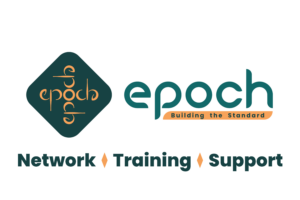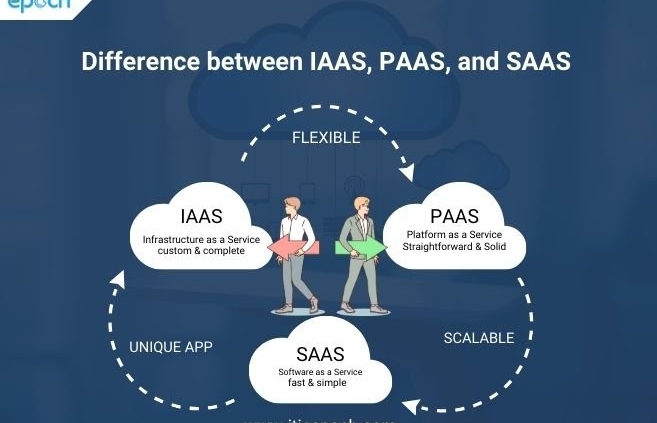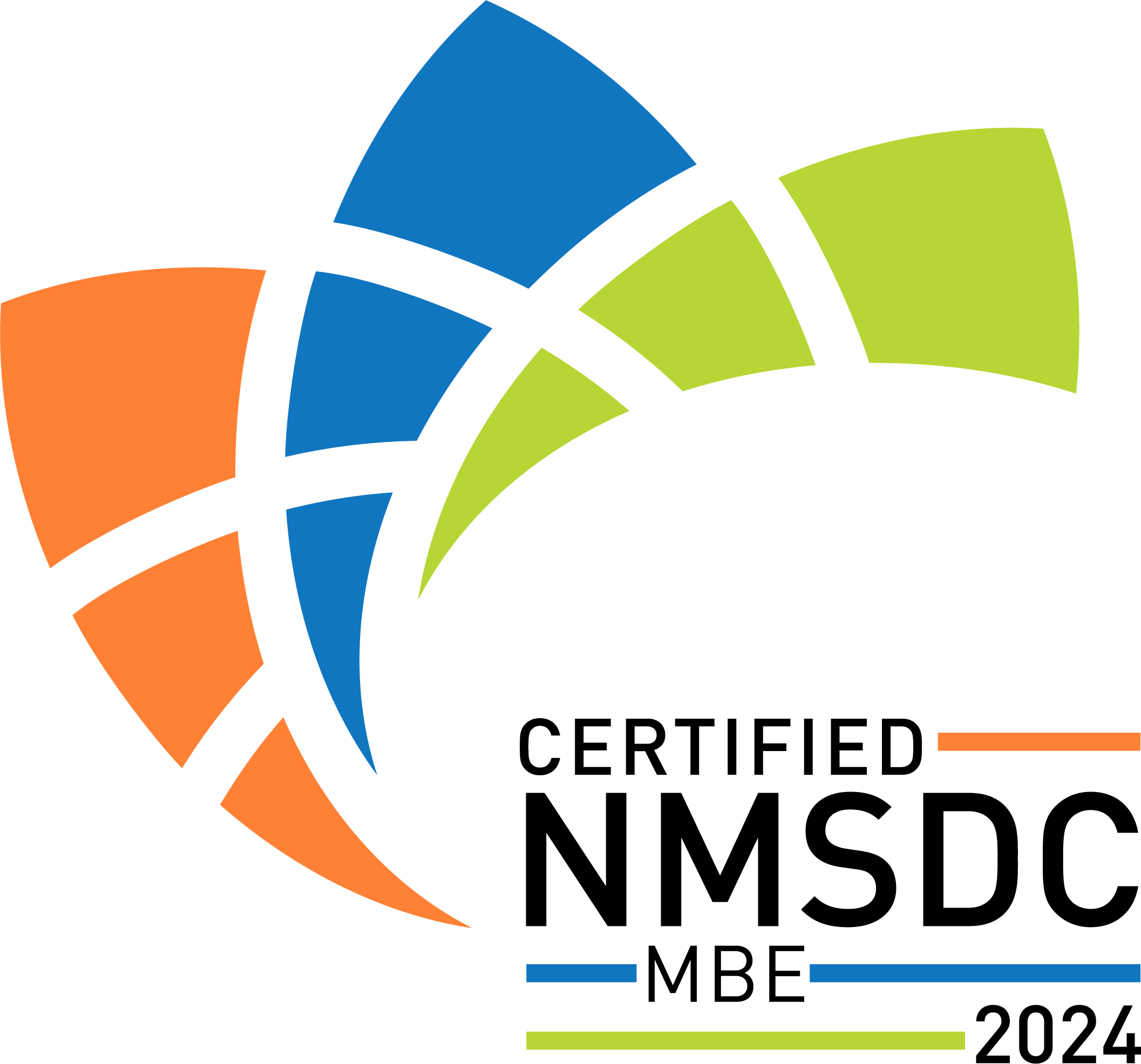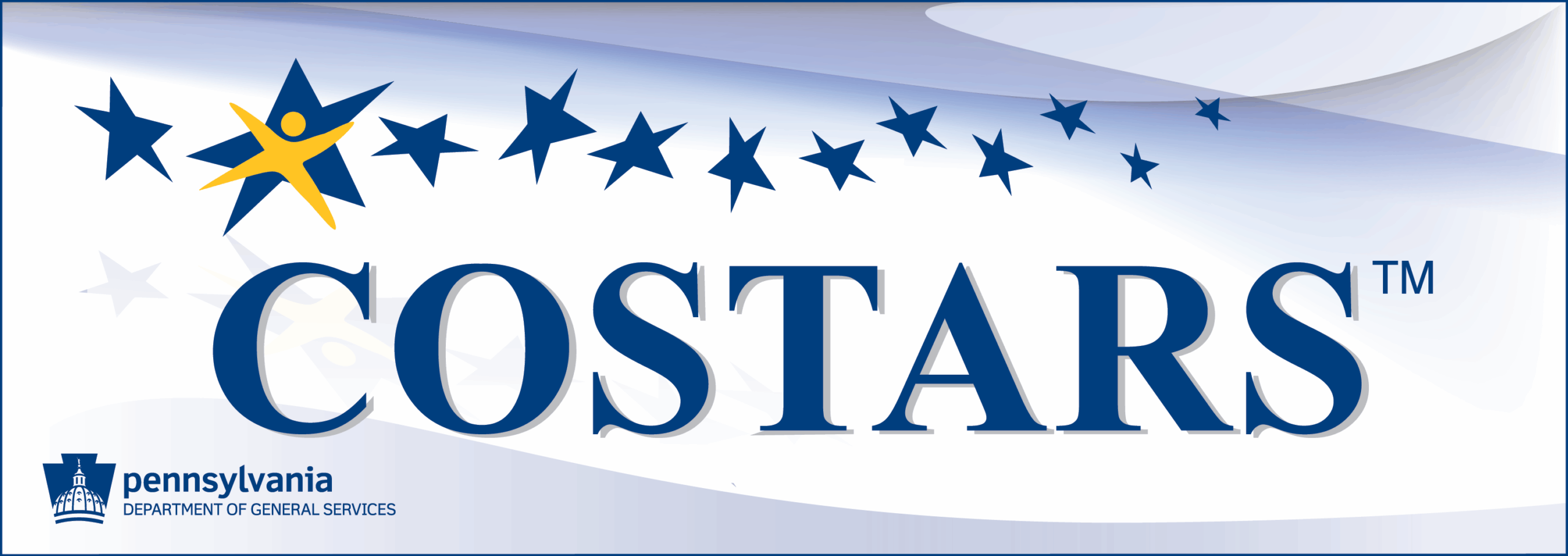Difference Between IAAS Vs PAAS Vs SAAS- Everything You Need To Know
Cloud computing has reconstructed the way to access and utilize computing power resources. It offers a flexible & on-demand solution, for businesses, IT infrastructure, platforms, software, and the Internet. Cloud computing security features built into cloud platforms offer robust protection and prevention against cyberattacks. Cloud computing empowers businesses of all sizes to be more cost-effective & innovative in a more dynamic and digital landscape. This blog entry discusses IaaS vs PaaS vs SaaS.
A Cloud provider like Microsoft Azure (MA), Amazon Web Services (AWS), SAP, Oracle, and Google Cloud platforms, are big platforms for robust cloud service providers. There are four main services IT infrastructure as a service (IaaS), platform as a service (PaaS), software as a service (SaaS), or serverless computing.
Here, check three main categories of cloud computing infrastructure services IAAS vs PAAS vs SAAS. Understand the differences, features & benefits to choose the best service according to your business needs.
- Infrastructure As A Service
- Platform As A Service
- Software As A Service
Infrastructure as a Service (IaaS):-
Infrastructure as a Service (IaaS) is a service cloud computing model that provides computing resources like server storage virtualization and networking and offers numerous benefits, including cost savings, expended agility, improved disaster improvement, and embellished security.
- IaaS provides virtualized computing resources such as data Storage, and networks facilitating users with control over the Operating system or applications.
- IaaS provides business cost savings by eliminating physical infrastructure investments making it cost-effective.
- The cloud provides in scaling of hardware resources up or down as per demand facilitating optimal performance with cost efficiency.
ADVANTAGES OF IAAS
- IaaS helps reduce your front capital expenditures. Resources are used on demand, you have to pay for the computing, storage, and networking resources consumed.
- Cloud service providers give better security for your applications & data than the security you would attain in-house.
- IaaS does not need to maintain & upgrade software, and hardware, or troubleshoot equipment complications.
Platform as a Service (PaaS):-
PaaS offers several benefits, including faster development cycles, reduced costs, and collaboration. It promotes scalability, allowing applications to adapt to demands seamlessly.PaaS removes the burden of managing( IT infrastructure) including servers, storage, networking, & operating systems. It provides useful tools like middleware, databases, and development frameworks.
- Platform as a Service provides application development by the underlying Infrastructure as an Abstraction. It helps the developers to focus on application code and background operations completely are managed by the AWS platform.
- Management of resource scaling, guaranteeing the program’s workload efficiency is ensured by PaaS.
- PaaS lowers the Management of Infrastructure complexity, speeding up the execution time and bringing the updates quickly to market by streamlining the development process.
ADVANTAGES OF PAAS
- PaaS development tools can it take to code apps with pre-coded applications and all components built into the platform, such as directory services, security features, workflow, etc.
- PaaS provides all of the capabilities that you need to support, web applications, building, testing, managing,& updating the same integrated environment.
- Service providers give development options for multiple platforms, like computers, mobile devices, and browsers making cross-platform apps easy to develop.
- Platform as a Service fundamental can give your development team capabilities don’t need to add staff having the required skills.
Software as a Service (SaaS):-
Software as a Service is where you can access and utilize software.SaaS provides the software in the cloud, as per requirement for local installation, and maintenance, on your device. Applications are simple log-in through mobile apps and web browsers allowing for use on any device with an internet connection. In this model, an independent software vendor (ISV) may contract a third-party cloud provider to host the application. Larger companies, such as Microsoft, the cloud provider might also be the software vendor.
- Software as a Service (SaaS) easily accesses applications without requiring local installations. It is managed by the AWS Software working as a service over the internet cooperation and ease of access.
- SaaS providers manage software maintenance with automatic latest updates ensuring users gain experience with the features and patches.
- Software as a Service(SaaS) acts as a cost-effective solution by reducing IT support by eliminating the need for individual software licenses.
ADVANTAGES OF SAAS
- SaaS is a deployment model for IT infrastructure complexities-deploys business apps without time & resources, consuming hardware maintenance.
- SaaS technology, users simply log in to the latest upgraded version of their SaaS solution.
- Organizations can completely remove the task of data backups.
- SaaS as it supports automated backups without user intervention, accordingly ensuring data integrity.
IaaS vs. PaaS vs. SaaS- Quick Overview
| Infrastructure as a Service (IaaS) | Platform as a Service (PaaS) | Software as a Service (SaaS) |
| IaaS provides access to resources such as virtual storage and virtual machines. | PaaS goes the raw IT infrastructure providing complete development & deployment tools. | SaaS is the most user-friendly cloud service model. |
| IaaS foundation is creating a cloud-based service, like software and an e-commerce website. | Most useful Tools are middleware, databases programming languages, etc. | SaaS is software that supports businesses in accomplishing a wide range of tasks. |
| An Iaas-cloud service model is the Most Expensive. | PaaS is the platform that builds applications. | Saas cloud service model is the most affordable. |
| A high degree of control over the infrastructure. | Offers a set of development tools or services | Requires no installation or maintenance. |
| IaaS offers virtualized computing resources over the Internet. | Pass supports multiple programming Languages. | Software as a Service(Saas) gives more control to the user. |
In conclusion, Cloud computing authorizes businesses with varying phases of control and responsibility. IaaS grants maximum control over infrastructure, essentially constructing a building from scratch, but necessitates technical expertise. PaaS, like a pre-built platform, is developed by providing conditions for application creation without infrastructure management commitments. SaaS, the most user-friendly option, offers ready-to-use applications available online, equal to moving into a furnished apartment. Choosing the right model depends on your needs.













